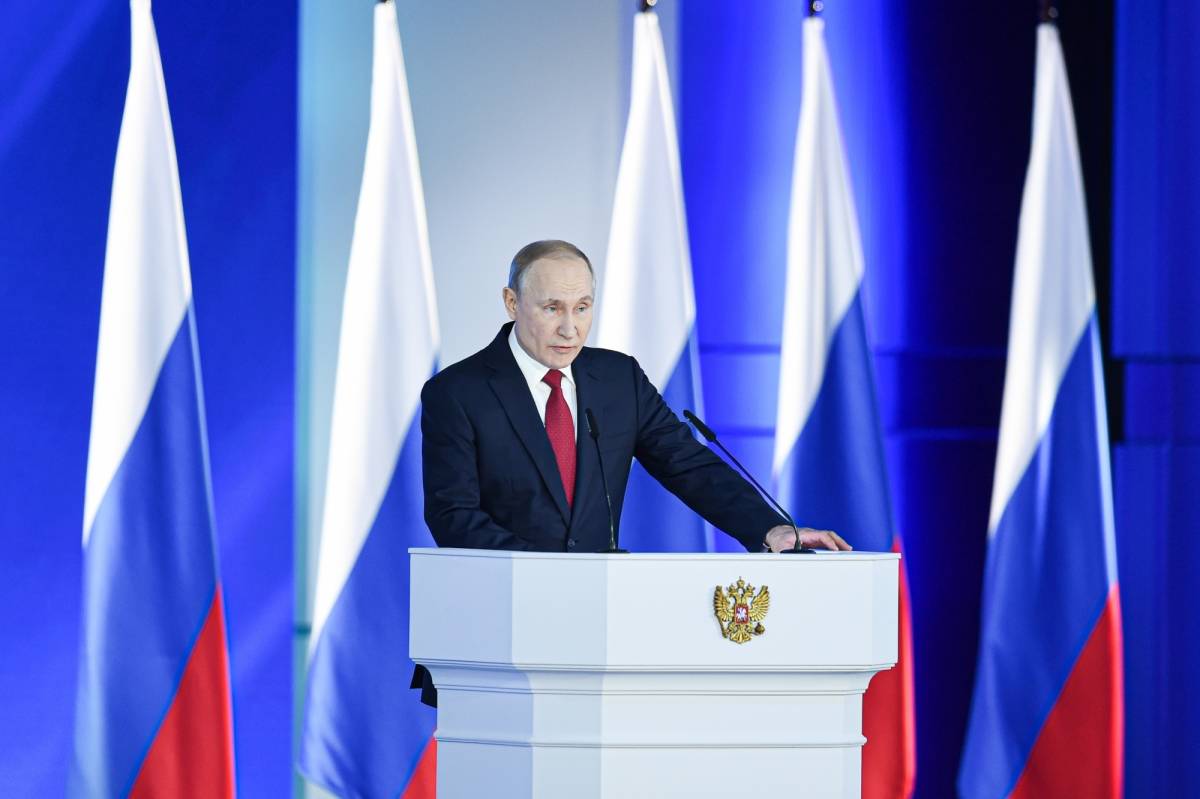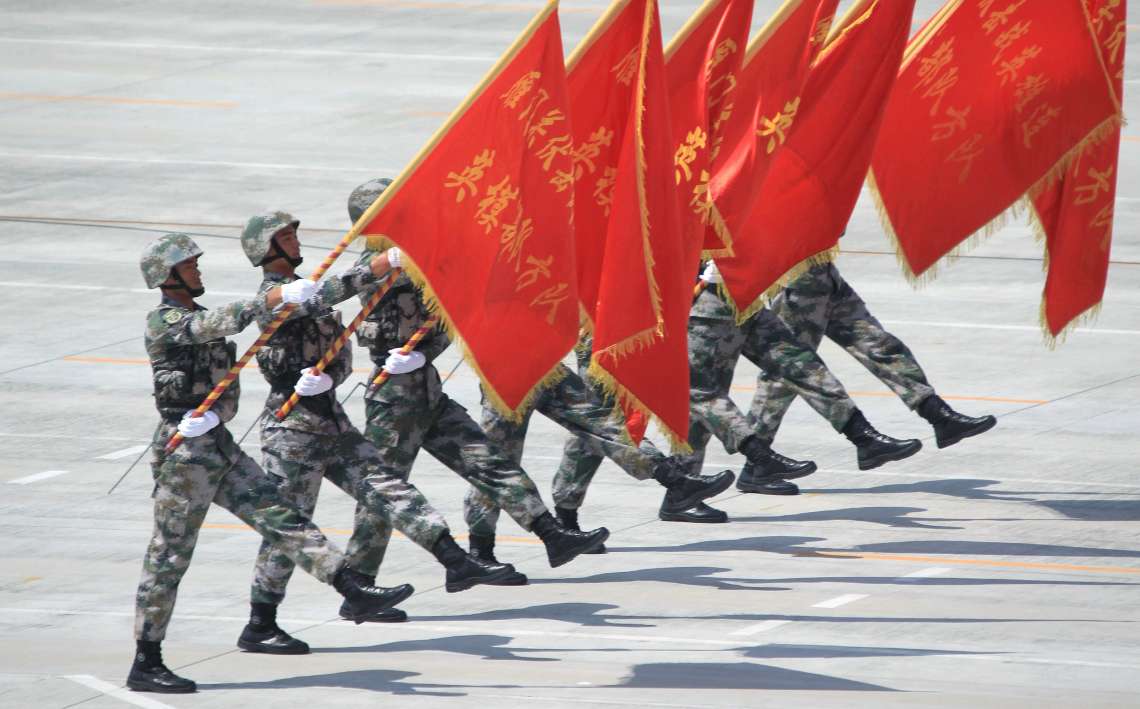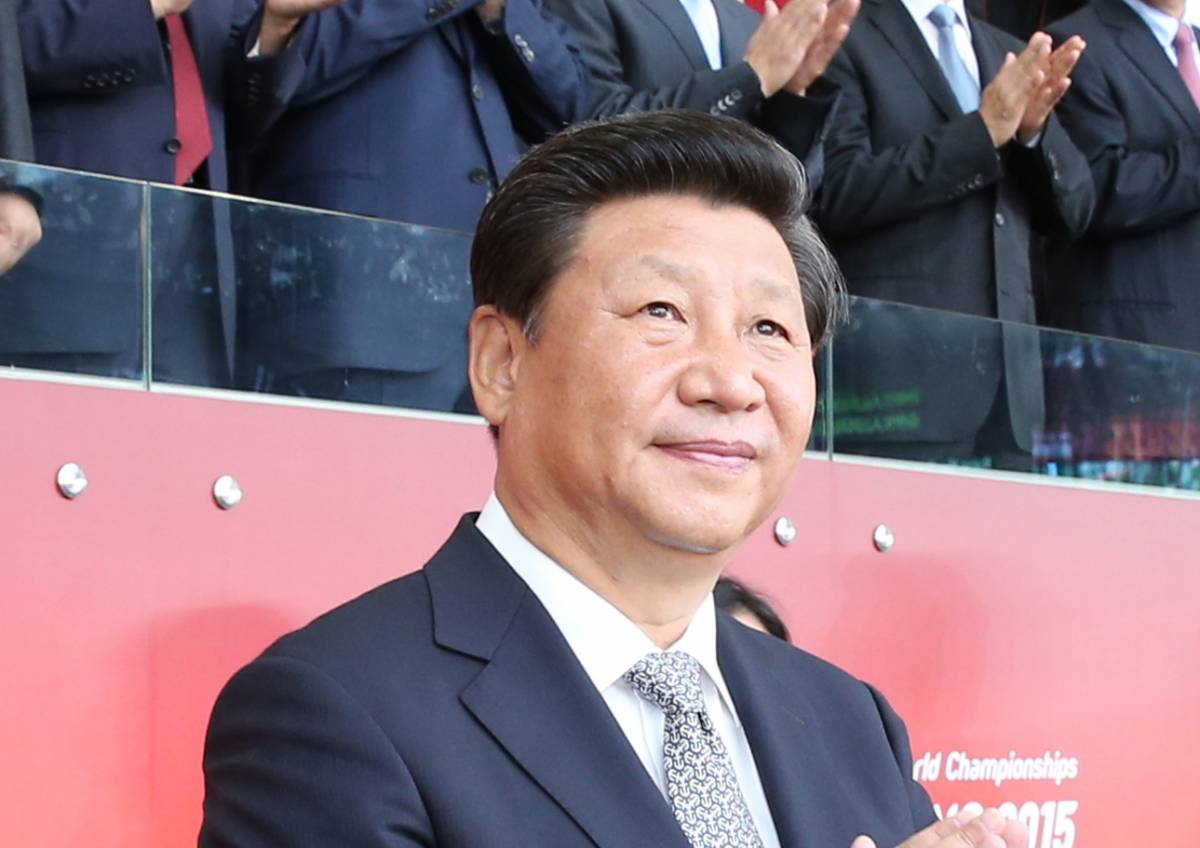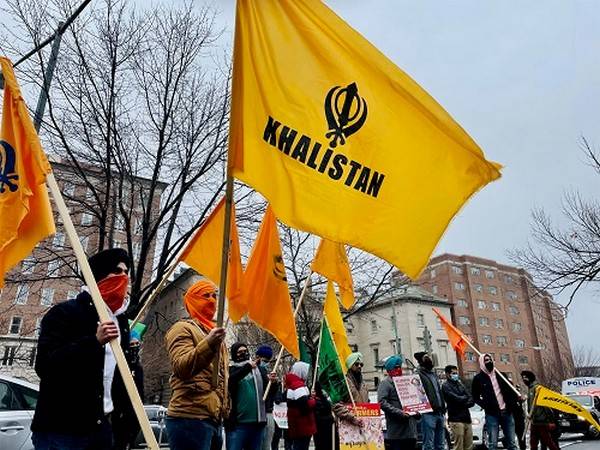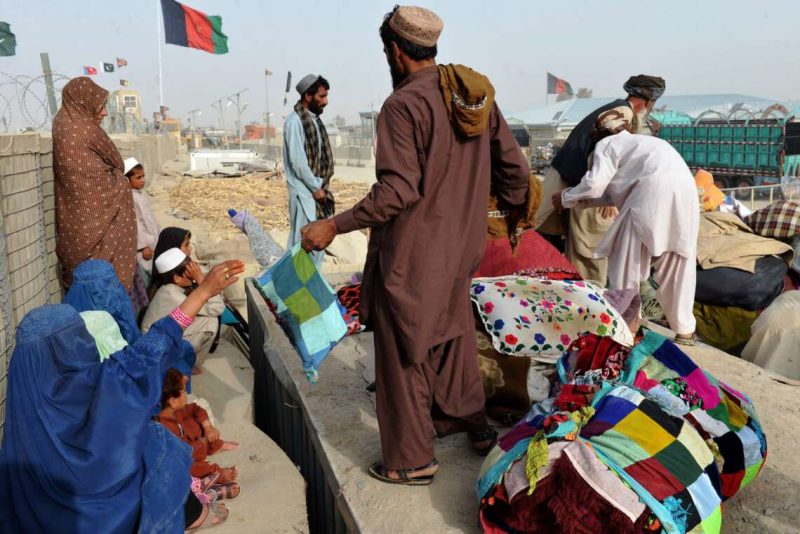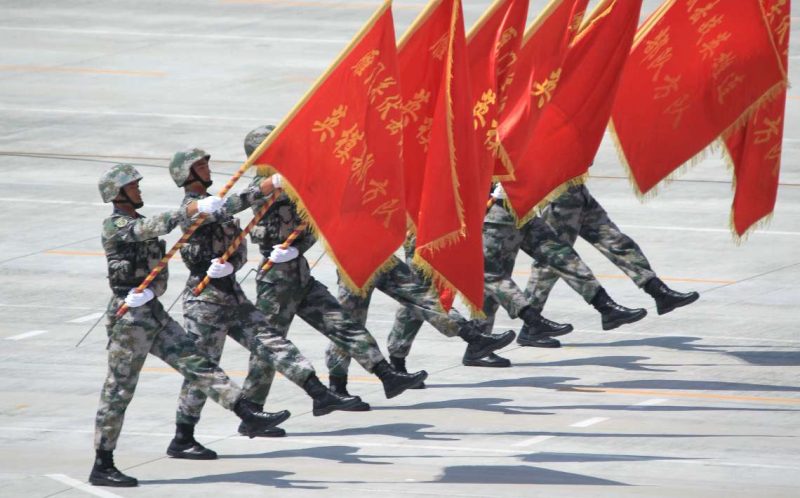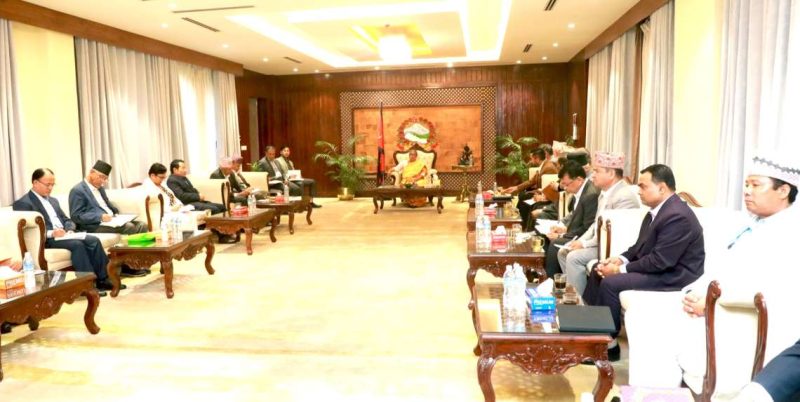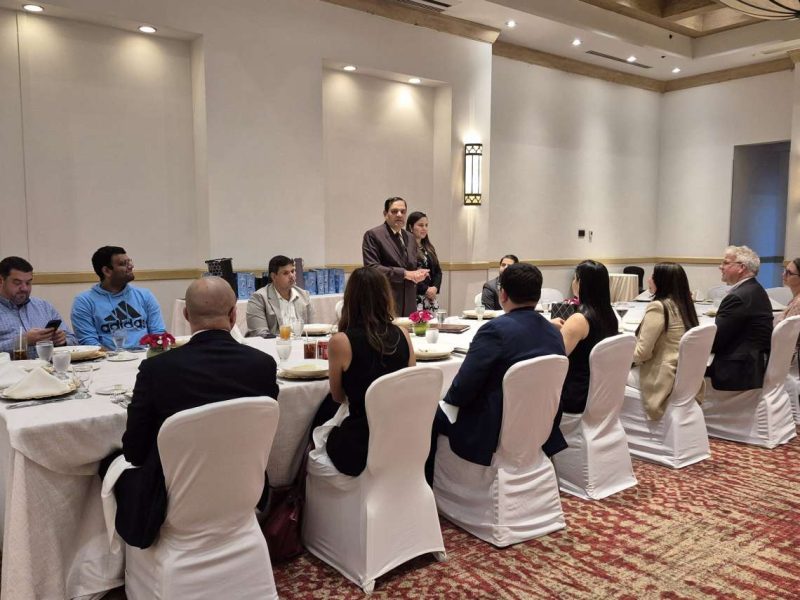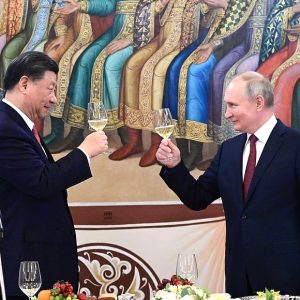Together with the new government announced, and reservations about it by countries like Iran and Tajikistan, emerging evidence of Pakistan’s intervention in Panjshir valley, with persistent rumours about the deaths of those like Akhundzada and Baradar and infighting within the Taliban, the National Resistance Front not yet accepting defeat, Russia may be feeling that it has entered a twilight zone, a report by Aditi Bhaduri
Is Russia’s bonhomie with the Taliban over? As events unfold it seems so; Russia maybe running a reality check on the organisation that, among others, is listed as a terrorist group and banned in the Russian Federation.
Russia’s glee at the dastardly, if, crafty, US exit cannot of course be faulted. The graveyard of empires which dealt the death blow to the once mighty Soviet Union has done the same to the very United States which had facilitated this death. Observers and commentators have repeatedly pointed out how disciplined, even graceful, the Soviet withdrawal from Afghanistan had been in comparison to the chaotic and gut-wrenching withdrawal of the US.
What, however, is curious was the almost ecstatic manner that the Taliban’s “victory” was hailed by the Russians. The Russian Embassy in Kabul was of the few that remained functioning undisturbed as the Taliban took over Kabul. The ambassador Dmitry Zhirnov lost no time saying that the Taliban were providing security to change the embassy and in general had made Kabul more safe and secure than the government of now discredited President Ashraf Ghani had.
He was also one of the first envoys to meet with the Taliban leadership on August 17 in Kabul to work out the modalities for the future security of the Russian diplomatic mission. AP news agency reported that the Taliban representatives said the Taliban has the friendliest … approach to Russia.
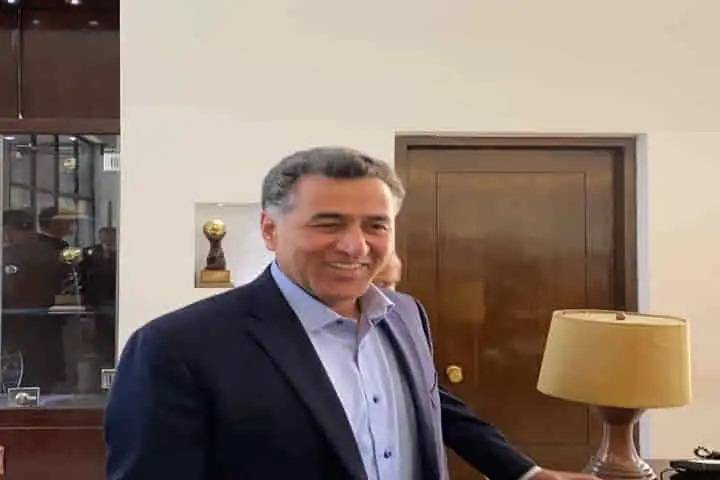
While some Russian analysts feel that the government has no farsighted Afghan policy, the words of Special Russian envoy for Afghanistan and Director of the Second Department of Asia in the Russian Foreign Ministry Zamir Kabulov were both revealing as well as intriguing, when viewed from an Indian perspective.
In a detailed statement to the press that he made, a day after the militant group took over Kabul, Kabulov outlined clearly that he considered the Taliban a far more negotiable people than the government of now discredited former President Ashraf Ghani. They were, in the diplomat’s view, more capable of negotiations than the “marionette Kabul government”. “We proceed from the fact that negotiations should be implemented. So far, in terms of the security of our embassy and the security of our allies in Central Asia, the Taliban are respecting the agreements…”
ALSO READ: Beijing slams Oz minister over ‘China sovereignty’ remarks
Kabulov also blamed the Americans for the chaos that ensued at the Hamid Karzai International Airport Kabul after the government collapsed, saying that because of the hurried deployment of 5000 troops to evacuate their (American) colleagues, arrivals and landings of passenger flights had to be temporarily halted, causing the mess.
Giving a clean chit to the Taliban he said that the chaos at the airport had no connection to the situation inside Kabul, adding that not just Kabul, but no other city captured by the Taliban faced any disturbance. There had however, been reports of violence and assault against both men and women in some areas under Taliban control, though not in Kabul.
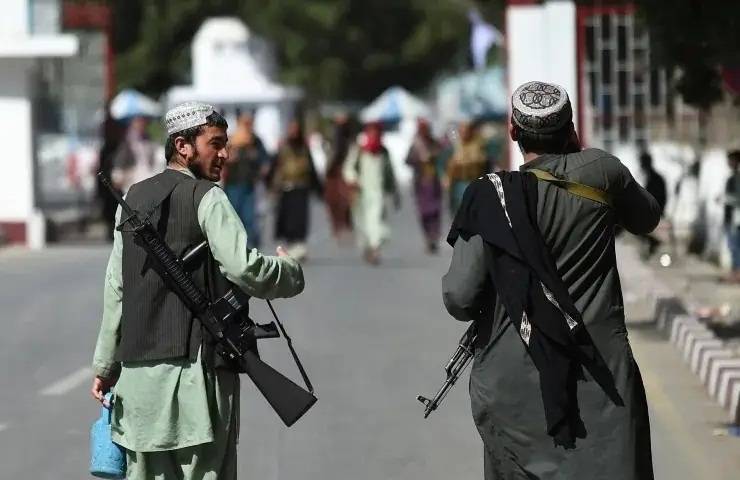
Emphasising that the Taliban had a role to play in Afghanistan’s future, Kabulov lauded the fact that “we had established contact with them (Taliban) for the past 7 years, and discussed many points. And we saw that this force will ultimately play a leading role in the future in Afghanistan, even if it does not fully come to power. All these factors, together with the guarantees given to us by the top leadership have given us reason to calmly face the developments even as we remain vigilant.”
Now compare this to what Kremlin spokesperson Dmitry Peskov recently said. When asked by journalists whether he believed that the Taliban’s ascent to power was a loss for Russia, he responded
“None of us has won, to say the least. The main question now is whether Afghanistan will remain a key source of the drug threat, the main country supplying huge quantities of opiates to the world and, most importantly, to our country. Will Afghanistan remain a place where terrorist groups feel at ease? All these threats persist, so, obviously, none of us has won.” The sombreness could not be more striking.
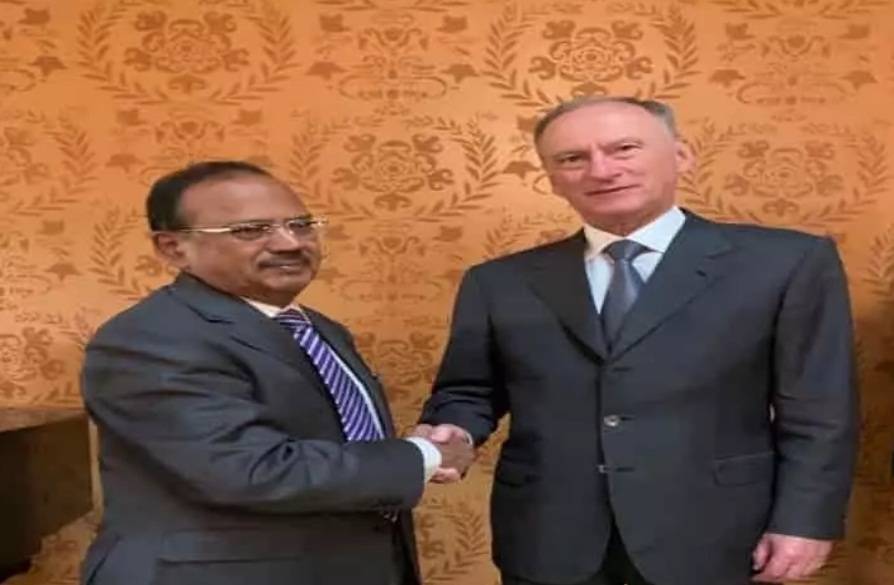
Russia has also refused to attend the inauguration of the interim Taliban government unveiled last week. Perhaps the support the group had been receiving from powers like Russia and China had emboldened it to announce such an inauguration in the first place which now stands cancelled.
Interestingly, these pronouncements came after Russian security chief Nikolai Patrushev visited Delhi and held talks with his Indian counterpart Ajit Doval.
ALSO READ: Pakistan, China making efforts for recognition of Taliban govt
By then, the Taliban had announced its cabinet full of its old hard-line guard, almost all Pashtun with a few exceptions, male and Sunni, reflecting none of the diversity that characterizes Afghanistan’s demography. But more importantly, it is the inclusion of so many hardened criminals, carrying bounties on their head, that is worrying governments around the world. Curtains have been lifted on the deep tied between the Haqqani network and the Taliban.
This may be the tip of the iceberg – the UN had warned as late as May that the Taliban continued to maintain links with Al Qaeda and other terrorist organisations. Russia’s Muslim regions are not insulated from global jihad. Pakistan may have just scored a self-goal with the visit of its spy chief Faiz Hameed to Kabul to facilitate the government formation leaving its fingerprints all over it.
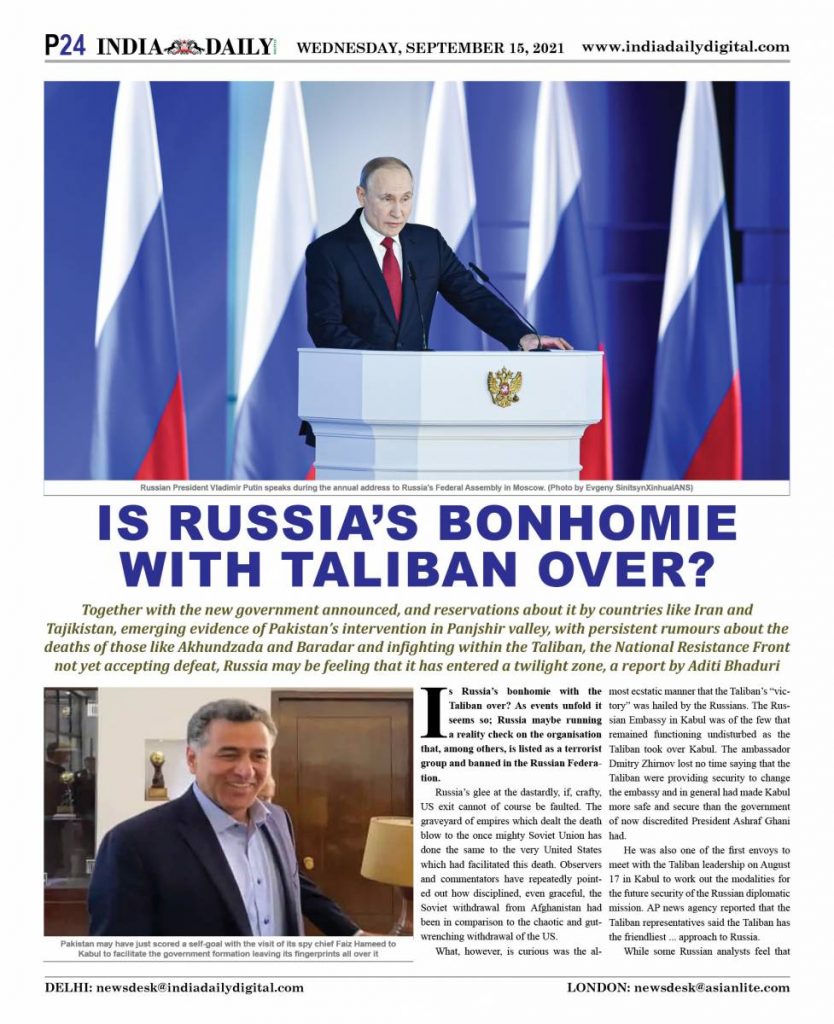
The debate within Russia is interesting, if bordering on Orientalism. The Taliban takeover is viewed not through the lens of human rights of course but as a popular revolution, even if a conservative one. The older generation goes a step further – whitewashing them, as being the ones to enforce law and order, who had done away with narcotics production while demonising the US to the point of holding it responsible even for widespread homosexuality amongst Afghans. But having determined what the Taliban takeover of Afghanistan is, there is now less uncertainty on what will be.
So, in the true spirit of trust but verify, Russia has also been hedging by fortifying the borders of its Central Asian allies, bordering Afghanistan. And its state-owned media has also started reporting Taliban excesses. Together with the new government announced, and reservations about it by countries like Iran and Tajikistan, emerging evidence of Pakistan’s intervention in Panjshir valley, with persistent rumours about the deaths of those like Akhundzada and Baradar and infighting within the Taliban, the National Resistance Front not yet accepting defeat, Russia may be feeling that it has entered a twilight zone. And the shift seems obvious.
(The content is being carried under an arrangement with indianarrative.com)


